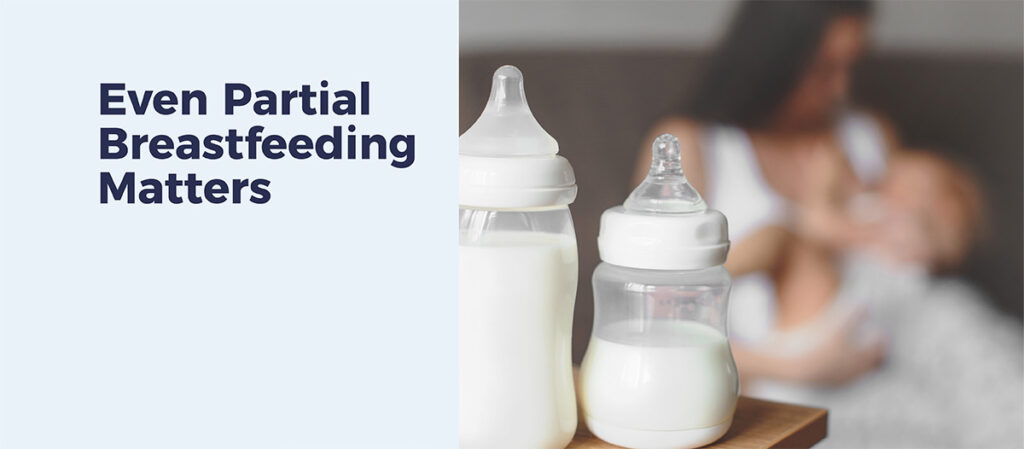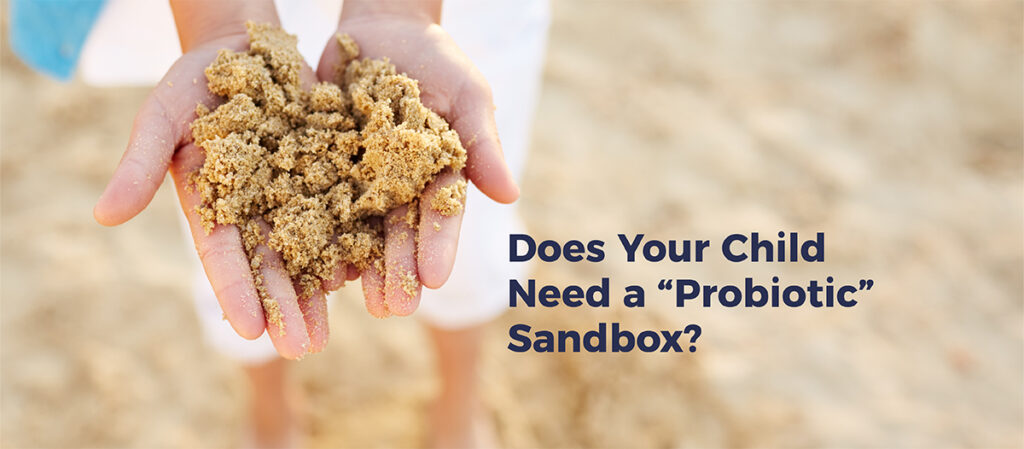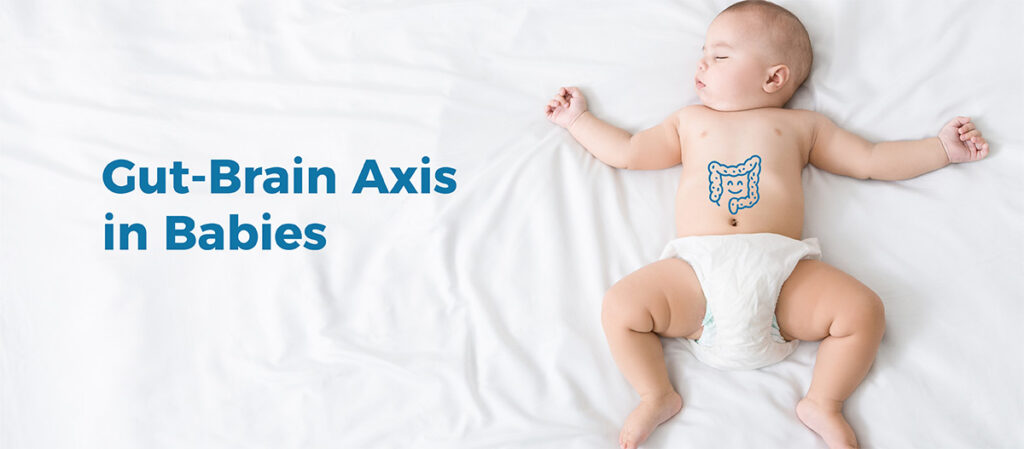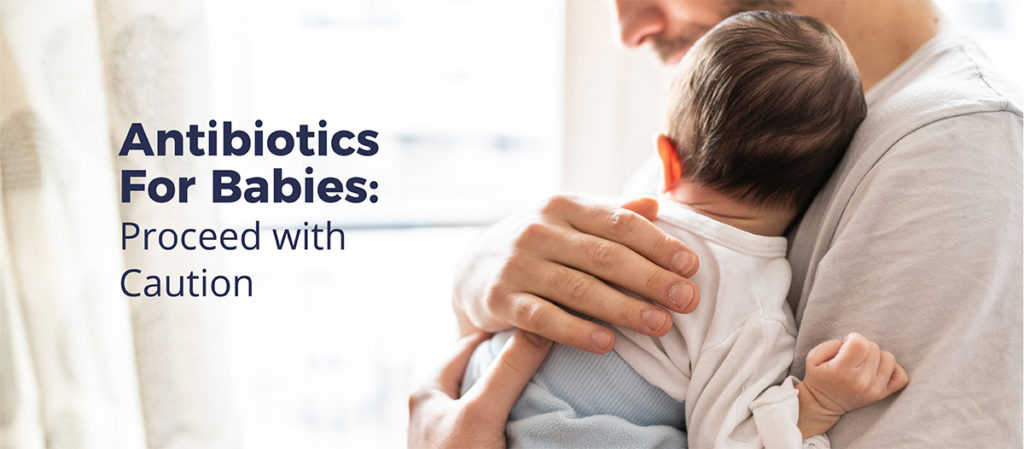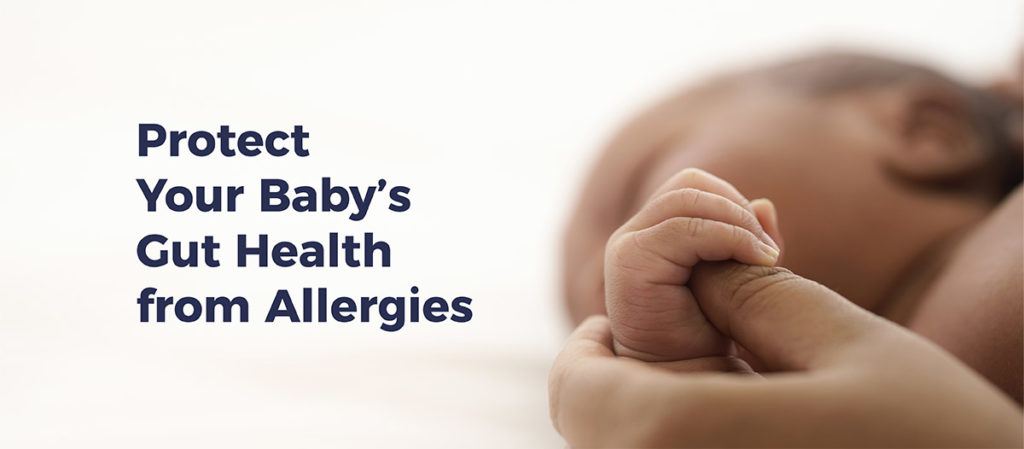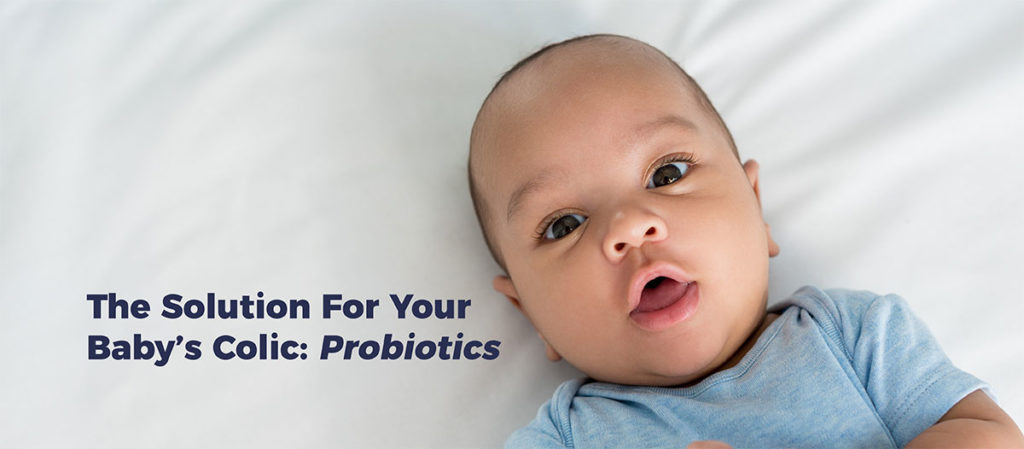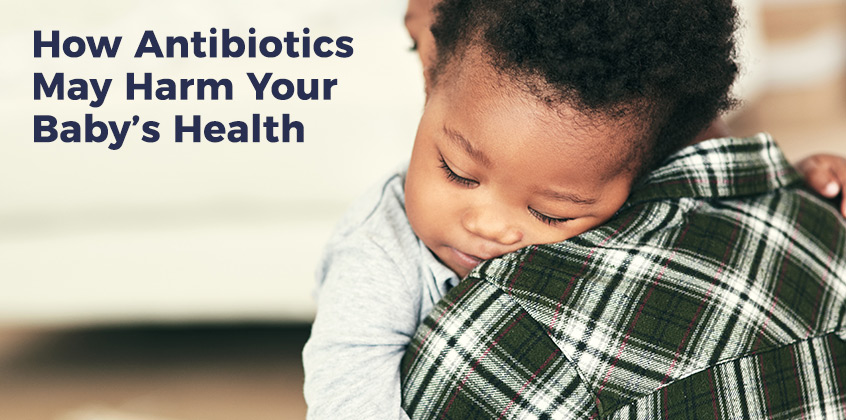Even Partial Breastfeeding Matters
Summary: Are you a new mom having problems with breastfeeding your newborn? Even partial breastfeeding alongside formula feeding can help your baby’s developing brain.
The benefits of breastfeeding are undeniable. Not only is breastmilk the ideal nutritional source for most infants, there are extra benefits, like reducing your baby’s risks of respiratory allergies and asthma.
Although many new moms face challenges that prevent them from breastfeeding their babies every day, there’s no need to stress out!
Breastfeeding as often as possible in conjunction with formula feeding may still make a healthy difference in your baby’s brain development, according to scientists at Emory University and the University of Colorado.
It’s all in the poop!
Researchers analyzed fecal samples from 112 babies at 1- and 6-months-old in search of beneficial metabolites that influence good brain health as well as problematic chemicals that could be harmful.
(Scientists describe metabolites as small molecules produced by gut bacteria as byproducts from metabolizing food to make their way through the bloodstream that affect a baby’s organs including her/his developing brain.)
Generally, the abundance of metabolites in fecal samples varied greatly depending on how often a baby was breastfed versus formula-fed.
For example, metabolites were far more abundant among formula-fed infants at 1-month (40) than in breast-fed babies (17), but that doesn’t tell the complete story.
Consuming more metabolites did not ensure better results, especially when those children were tested for cognitive, language and motor functioning at age 2.
Based on test scores, researchers identified 14 metabolites from breast milk or formula that were difference-makers.
To the good, the presence of cholesterol in stool samples was linked to breastfeeding and better test scores. However, the presence of cadaverine (a known contaminant created via fermentation) in stool samples from formula-fed babies was associated with poorer cognitive scores.
Everything in moderation
Despite all the evidence that breastfeeding remains the better choice to feed your baby, just 63 percent of all newborns in the U.S. are breastfed exclusively after birth and that number drops to 25 percent by the six-month mark.
If you’re a new mom having problems breastfeeding your baby, Dr. Tanya Alderette of the University of Colorado acknowledges the challenges, but it’s not an all-or-nothing proposition. Just increasing the amount of breastmilk relative to formula may have positive benefits.
However, if you can’t breastfeed your baby as often as you want, give your baby’s gut — the center of their growing immune system — the fuel it needs to thrive with the help of EndoMune Junior Advanced Probiotic Powder, a multi-species probiotic made exclusively for them.
Sprinkling one tiny scoop of EndoMune Junior in your baby’s formula or milk once a day gives your baby’s growing immune system a gentle boost.
(Please be sure to check with your pediatrician before starting your baby on EndoMune or any other probiotic.)
References
npj Metabolic Health and Disease
Even Partial Breastfeeding Matters Read More »

